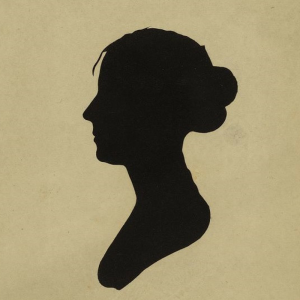 Anne Hutchinson was a prominent religious leader and midwife in the early American colonies, known for her strong theological beliefs and her role in challenging the established Puritan clergy. She was born on July 20, 1591, in Alford, Lincolnshire, England. In 1612, she married William Hutchinson, with whom she had 15 children.
Anne Hutchinson was a prominent religious leader and midwife in the early American colonies, known for her strong theological beliefs and her role in challenging the established Puritan clergy. She was born on July 20, 1591, in Alford, Lincolnshire, England. In 1612, she married William Hutchinson, with whom she had 15 children.
Anne and her family emigrated to the Massachusetts Bay Colony in 1634, seeking religious freedom. A devout follower of Puritan minister John Cotton, she quickly became a respected figure within the community. Hutchinson began holding meetings in her home, where she led discussions on theology and criticized the rigid doctrines of the colony’s ministers. Her belief in the concept of antinomianism — the idea that salvation was determined by grace rather than adherence to moral law — put her at odds with the Puritan leadership.
Her ministry gained a substantial following, particularly among women, but also drew the ire of influential clergy such as Governor John Winthrop. Hutchinson’s teachings were seen as a direct challenge to the authority of the established church. In 1637, she was brought to trial for her religious views and conduct. Despite her articulate defense, she was convicted of heresy and banished from the Massachusetts Bay Colony.
Following her banishment, Hutchinson and her family relocated to the settlement of Portsmouth in the Rhode Island colony, where she helped establish a community based on principles of religious tolerance. After the death of her husband in 1642, she moved further south to the Dutch colony of New Netherland (present-day New York).
Tragically, Anne Hutchinson and most of her children were killed in an attack by Siwanoy Native Americans in 1643, a consequence of the ongoing hostilities between settlers and Indigenous groups.
Anne Hutchinson’s legacy endures as a symbol of religious freedom and the fight against oppressive authority. Her willingness to question established beliefs and her commitment to spiritual conviction remain influential in American history, reflecting the enduring struggle for individual conscience and religious expression.

